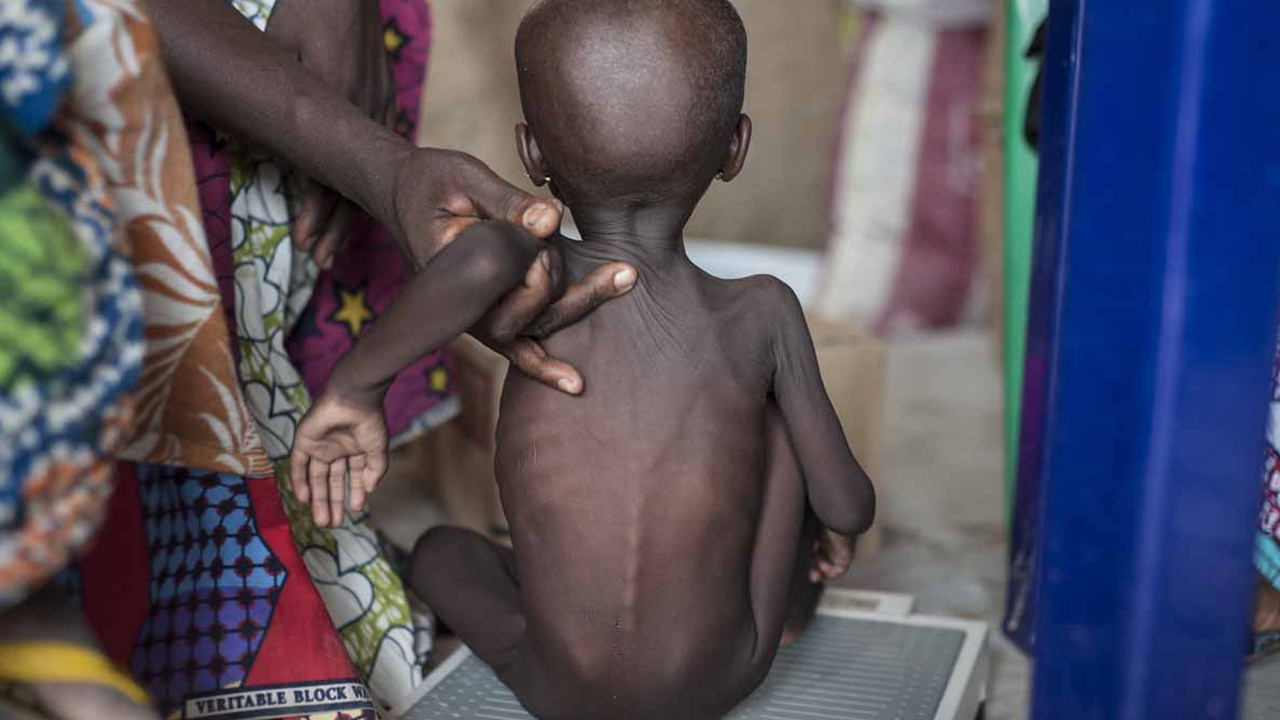Lagos State accounts for about 2,000 children with stunted growth as a result of malnutrition, Mrs Ada Ezeogu, United Nations Children Fund (UNICEF) Nutrition Specialist said.
Consequently, Ezeogu said that it was imperative to ensure that the numbers did not continue to increase because stunting has dire consequences on physical growth and cognitive development.
Ezeogu, who spoke at a Media Advocacy Meeting organised by the National Orientation Agency (NOA), Lagos, in collaboration with UNICEF, explained that stunting and wasting were health conditions as a result of malnutrition.
The News Agency of Nigeria (NAN) reports that the two-day programme attended by no fewer than 50 media practitioners was held in Patron Hotel, Lekki, Sangotedo, with a thrust on COVAX and RI (Routine Immunisation) Uptake in Lagos State.
- Drug trafficking: NDLEA arrests ex-Boko Haram fighter, traditional ruler
- 10 corpses found as gunmen raid Kaduna village
She said: “Stunting affects not just physical growth but cognitive development. And stunting, once the effect of stunting has set in, it is irreversible and cannot be changed.
“That means, when a child is stunted, you can’t change that. That child is compromised in terms of height, physical development and cognitive development.
“So, you will not get the best from that child and that child will not achieve the full potential in life.
“Also, there are implications for the onset of adult non-communicable diseases like diabetes, and a tendency for a stunted or malnourished child to have it later in life,” she said.
The specialist said that stunting had implications that went beyond childhood even unto adulthood which was why it should be prevented as much as possible.
“Once there is malnutrition, the child easily falls ill and the immune system is also compromised, and because of that, health cost increases because the child is taken more often to hospital and will be treated.
“Also, that child may also not be as good as one who is fully nourished in school and by implication, result in repetition of class. All these have an economic impact in the economy and in the school system,” she said.
Ezeogu also said that the percentage of wasting in Lagos was higher than the global target of less than five per cent, stating that Lagos had a 6.4 per cent, translating into about 200,000 children in numbers.
“Immediately a child is screened and found to be severely malnourished, the child should be referred to a health centre.
“Fortunately, Lagos is already doing something with the management of Severe Acute Malnutrition (SAM).
“They are using the ready-to-use therapeutic food and if there are underlying conditions, they will be treated.
“We encourage mothers to take these children immediately to health facilities for attention because for wasting, if these children are not treated on time, we may lose them,” the specialist said. (NAN)

 Join Daily Trust WhatsApp Community For Quick Access To News and Happenings Around You.
Join Daily Trust WhatsApp Community For Quick Access To News and Happenings Around You.


